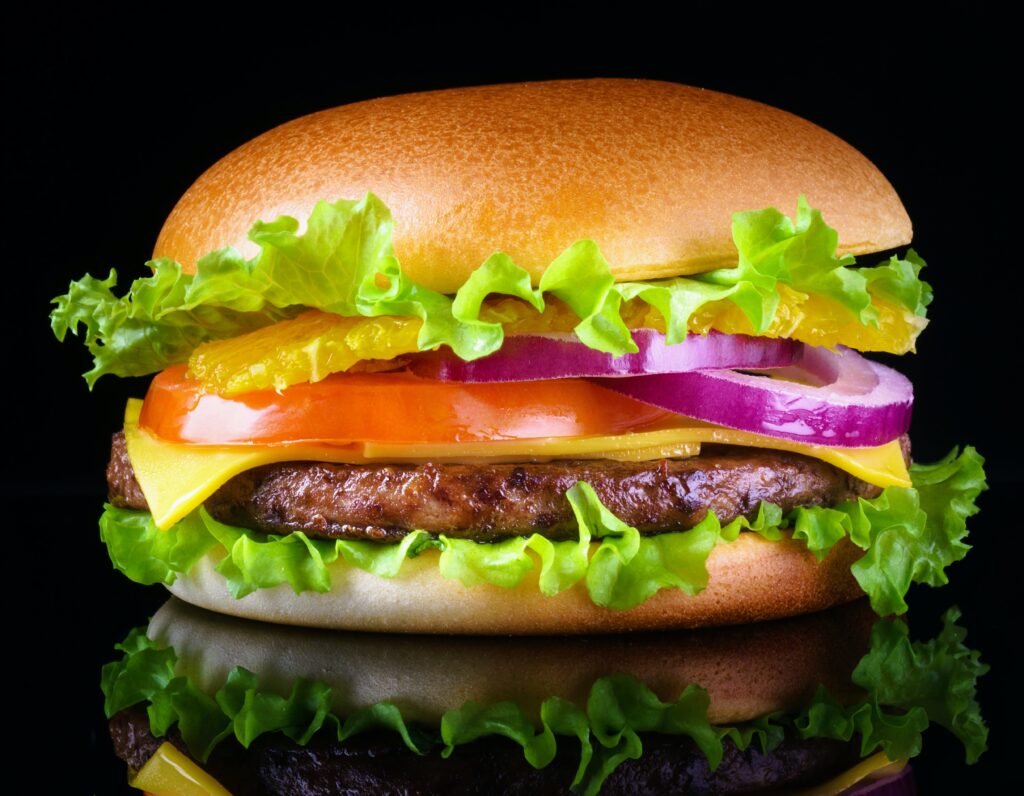Quirky eating behaviours can be common for an autistic child, here are what foods to avoid with autism.
Autism and what foods to avoid
As a parent of an autistic child, you know that diet can play a big role in their overall health and well-being.
There is however no one-size-fits-all answer to the question of what foods to avoid, as every child is different.
With that said, there are some general guidelines that can help you make informed choices about an autistic child’s diet.

Artificial foods and additives
Artificial food additives, such as artificial colours, flavours, and preservatives, have been linked to hyperactivity and behavioural issues in children in general.
Although research regarding the impact of these additives on autistic children specifically is limited, it is advisable to reduce their consumption whenever possible.
You could choose whole, unprocessed foods and opt for organic alternatives to minimise exposure to artificial additives.
Incorporating a variety of fruits, vegetables, lean proteins, and whole grains into your child’s diet can offer them vital nutrients while reducing potential triggers.
Sugar
Feel free to chalk this up as stating the obvious and also easier said than done but too much sugar can be problematic.
Sugar is known to contribute to hyperactivity and other behavioural problems in children with autism.
It can also lead to weight gain and other health problems such as dental health.
Food sensitivities
Autistic Kids may have heightened sensitivities or allergies to certain foods.
Common culprits include gluten, dairy, soy, eggs, and nuts. These sensitivities can manifest as gastrointestinal discomfort, skin rashes, or changes in behaviour.
If you suspect your child has food sensitivities or allergies, consult with a doctor or allergist who can conduct appropriate tests to identify the triggers.
An elimination diet or other personalised approaches can help identify problem foods and support your child’s overall health.
Personal sensory factors
You may have already found out that your child has a preference to particular colours and textures.
With that in mind you can try and cater their food intake around their habits and sensory preferences.
Whilst this can be extremely limiting in their diet, trying to force them to deviate could be distressing.
Instead of insisting on them eating a varied diet, try gradual exposure to new foods.
When it comes to textures you could try just gradually changing the textures of foods by changing how they are cooked.
Corn, Gluten and Dairy
These come with the gigantic caveat that every child is different and has different tolerances.
Also these raise the question of what can you feed your child if you cut out all three of these!
We are just pointing out what can be problematic.
Dairy products can be inflammatory for some children with autism.
Gluten can be difficult for some children with autism to digest, and it can also trigger allergic reactions or other sensitivities.
Corn is another common food allergen that can be difficult for some children with autism to digest
What foods should you aim for?
In addition to avoiding certain foods, there are also some foods that you may want to focus on including in your child’s diet.
Omega-3 fatty acids are essential for brain health and development. They can help to improve mood, behaviour, and cognitive function in children with autism.
Good sources of omega-3 fatty acids include fatty fish, such as salmon, tuna, and mackerel; eggs; and walnuts
Probiotics are live bacteria that are beneficial for children’s gut health.
They can help to reduce inflammation and improve digestion. Good sources of probiotics include yogurt, kefir, sauerkraut, and kimchi
Green leafy vegetables are packed with vitamins, minerals, and antioxidants. They are essential for overall health and well-being.
Summary – What foods to avoid with autism
As a parent, it is natural to explore various avenues to support your child’s development and well-being.
There is no one-size-fits-all approach when it comes to dietary interventions for autistic kids.
Some parents have reported positive changes by making mindful choices about their child’s food intake.
Remember that the impact of diet on autism is still a topic of ongoing research.
It is essential to involve dietitians and healthcare workers when making significant changes to your child’s diet.

